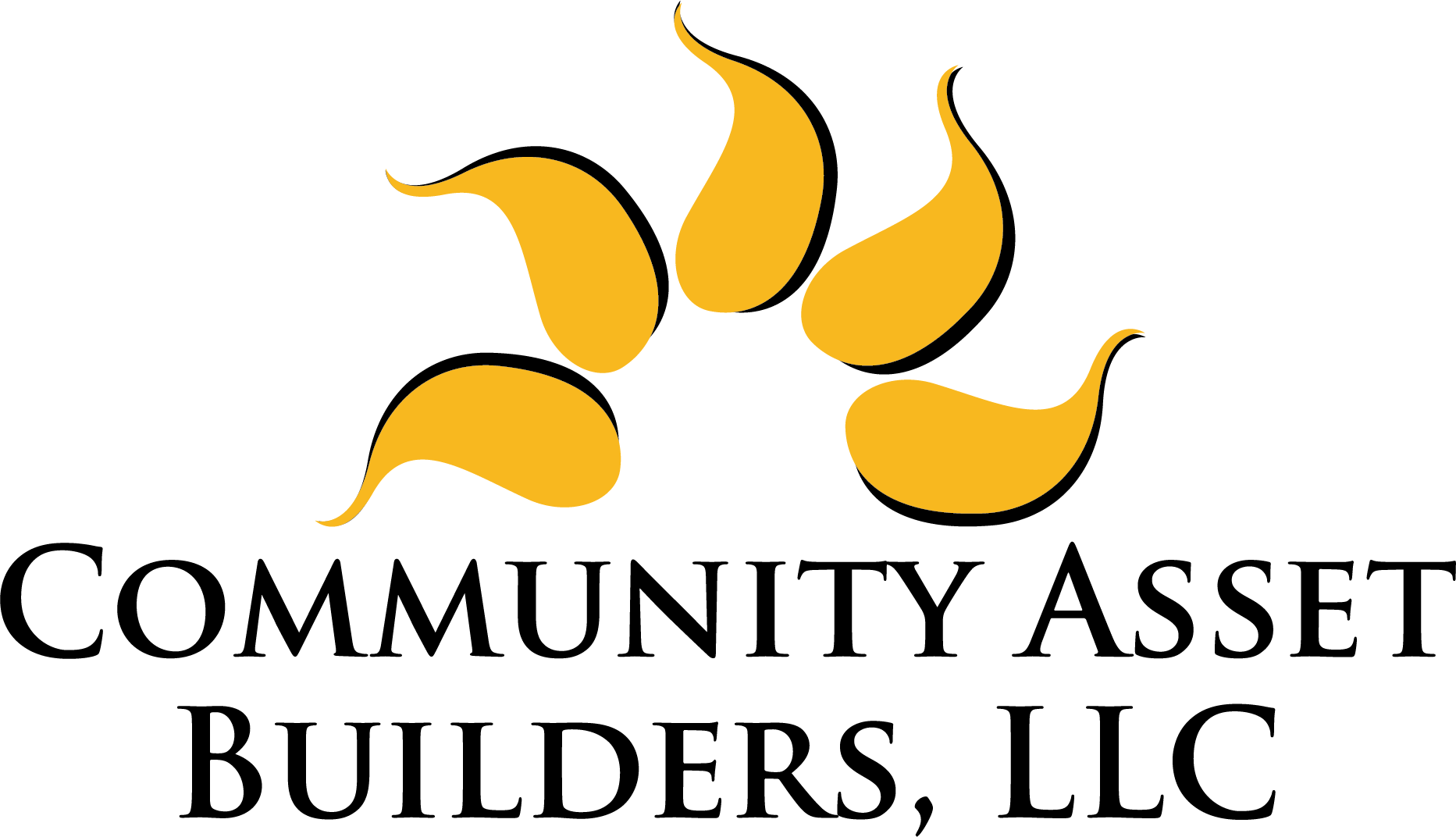Rural Transit Day and the Importance of Mobility


The Importance of Rural Transportation
Today is Rural Transit Day, originally established by The National Rural Transit Assistance Program (National R.T.A.P.). Transportation plays a vital role in rural communities, connecting individuals to essential services such as healthcare, education, and employment. However, many rural areas face significant challenges when it comes to transportation, including limited options, high costs, and inaccessible services. In rural Missouri, these transportation barriers have been a major concern for communities, particularly in accessing healthcare services. This is where HealthTran, a volunteer driver program, steps in to bridge the transportation gap and improve the health outcomes of rural Missourians.
Understanding the Need for Rural Transportation
Rural communities often struggle with limited transportation options, making it difficult for residents to access necessary healthcare services. In town hall meetings across Missouri, transportation consistently emerges as one of the top barriers faced by rural communities. The lack of access to transportation not only hinders individuals’ ability to attend medical appointments but also impacts their overall health outcomes.
Furthermore, the growing senior and disabled populations in rural areas face additional challenges in accessing adequate healthcare. When transportation is added to the list of unmet needs, health outcomes worsen, leading to exacerbated conditions and higher medical costs. Additionally, the closure of rural hospitals and clinics creates healthcare deserts, where individuals without transportation may not have any viable options within a reachable distance.
HealthTran: Safeguarding Rural Missourians’ Health
HealthTran is a volunteer driver program with a mission to safeguard and improve the health of rural Missourians. This innovative program was created in response to the identified transportation barriers faced by rural communities in Missouri. Since its inception as a pilot program in 2014, HealthTran has been dedicated to closing the transportation gap and empowering rural Missourians to access their health and wellness visits.
The primary goal of HealthTran is to enhance healthcare access and address the social determinants of health that affect rural Missourians and their communities. The program takes a multifaceted approach to finding sustainable solutions and overcoming the unique transportation challenges in Missouri’s diverse landscape.
A Multifaceted Approach to Rural Transportation
To address the limitations and barriers of rural transportation, Health Tran has developed a multifaceted approach that encompasses various strategies:
1. Collaboration and Mobility Management
HealthTran strengthens healthcare access through collaboration with community champions, agencies, and stakeholders. By working together, they identify the specific transportation needs, determine the distance to care, and fill the gaps in accessible transportation for clients. This collaborative effort ensures that the transportation services provided align with the unique needs of each community.
2. Ride Scheduling Platform
One of HealthTran’s key initiatives is the creation of a one-stop Ride Scheduling Platform. This platform links all local transit options, making it simple, quick, and effective for workers to schedule rides for their clients. By streamlining the scheduling process, Health Tran reduces stress for workers and minimizes cancellations and no-shows for healthcare providers.
3. Volunteer Driver Program
HealthTran recognizes the importance of volunteer drivers in expanding transportation options for rural Missourians. They actively recruit qualified volunteer drivers who have a heart for service and a desire to make a difference in the lives of others. These dedicated volunteers supplement existing transportation options, ensuring that individuals can access their scheduled appointments and receive the care they need.
4. Sharing Information and Resources
Health Tran actively shares information on government-funded programs and other resources that enhance transportation options. By providing individuals and agencies with access to these resources, Health Tran empowers communities to explore various transportation solutions that best fit their needs.
How Health Tran Works
Health Tran operates through a well-structured process that involves community engagement, partnership building, and seamless coordination. Here’s a breakdown of how HealthTran works:
- Community Champion: A community champion, often a dedicated health provider, brings the HealthTran program to life in a particular community.
- Partnership and Needs Assessment: HealthTran partners with community champions, agencies, and stakeholders to assess the transportation needs of the community. They identify where people need to go, the distance to care, and the gaps that need to be filled to offer accessible transportation to clients.
- Ride Scheduling Platform: HealthTran brings together all local transit providers into one technology platform. This platform simplifies the process of scheduling rides and navigating transportation, making it easy for workers and healthcare providers to coordinate transportation for their clients.
- Volunteer Driver Recruitment: Health Tran actively recruits qualified volunteer drivers who are passionate about service and changing lives. These volunteer drivers play a crucial role in picking up and transporting clients to their scheduled appointments.
- Ride Scheduling: Community agencies utilize the HealthTran Ride Scheduling Platform to schedule rides for their clients. They select the best fitting and most affordable transportation option available.
- Volunteer Driver Support: Many of the scheduled rides are assigned to volunteer drivers, who then pick up clients and transport them to their appointments. HealthTran provides ongoing support and coordination to ensure a smooth experience for all involved parties.
The Impact of Health Tran’s Services
The work of Health Tran goes beyond simply providing transportation. By improving transportation access in rural Missouri, HealthTran aims to reduce emergency room visits and missed appointments. Accessible transportation means individuals can access essential services such as food, medicine, and other wellness resources, improving their overall quality of life.
HealthTran’s multifaceted approach allows community members and agencies to choose the transportation options that best fit their needs. With the supplemental Volunteer Driver Program, Health Tran engages community support and fosters connections between volunteer drivers and residents in need of transportation. This collaborative effort not only improves transportation access but also strengthens community bonds and creates a sense of shared responsibility.
Conclusion: Empowering Rural Missourians Through Transportation
Transportation is an essential component of rural communities, connecting individuals to vital services and improving their overall well-being. Health Tran, as a volunteer driver program, plays a crucial role in closing the transportation gap and empowering rural Missourians to access healthcare and wellness visits. Through collaboration, innovative strategies, and the dedication of volunteer drivers, Health Tran is making a tangible difference in improving transportation access and health outcomes in rural Missouri.
Discussion Prompt
What are some additional strategies that could be implemented to further enhance rural transportation in Missouri? How can communities and stakeholders work together to overcome transportation barriers and improve access to essential services?







Responses